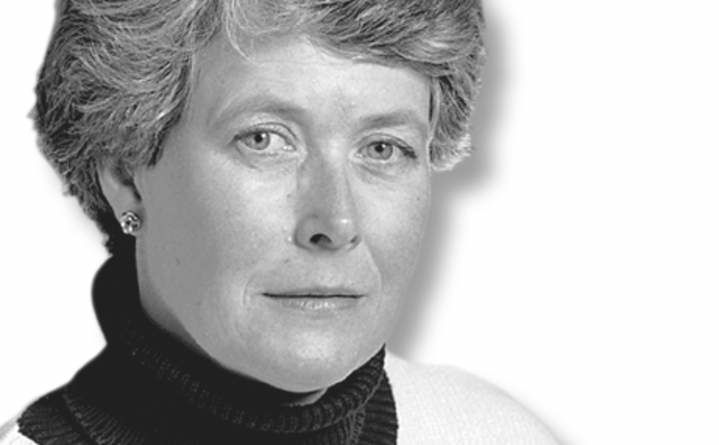Should it matter that Potter books aren’t great literature?
Published 5:00 am Friday, August 17, 2007

- How a layoff helped improve the lives of people with disabilities
I heard an English professor on the radio the other day, talking about his distaste for Harry Potter and the Disney approach to literature. His beef was the same as that often directed at movies aimed at kids: What’s coming out doesn’t fit his notion of what such things should be.
I’ll be the first to admit that the words “Disney” and “literature” don’t naturally go hand in hand. When Disney makes a movie based on a classic tale, it tends to sweeten the story unnecessarily. Thus, Disney’s Mary Poppins is all sugar and almost no spice, a soft but slender, ever-kind woman who bears little resemblance to the sometimes waspish nanny created by P.L. Travers.
The English professor’s complaint wasn’t about Mary Poppins, however, but about Disney’s plans to turn Tinkerbell and her ilk into the latest little-girl craze. The company has done a remarkable job persuading American 4-year-olds they’re only a step away from a castle, and now it wants an icon that will appeal to slightly older children. To that end, Tinkerbell now has a voice, a place to live, friends and her own line of books.
They’re not, I’m sure, great literature, and they won’t live up to what seems to be one of the English professor’s chief criteria for fairy tales: They won’t be dark — this is Disney, after all — and nobody will suffer much of anything. What the company hopes they will do is keep slightly older girls, say, 6- to 11-year-olds, engaged in all things Disney.
As for Harry Potter, author J.K. Rowling’s problem, according to some critics, is that she’s not the best writer on the planet. (Those who criticize H.P. on religious grounds are worried about something else entirely, though I think many of them have never read the books, based on what they say is wrong with them.)
That may be true, but Rowling is, arguably, one of its better storytellers, as evidenced by the whopping sales each of the seven books in the H.P. series has racked up. Her tales are well on the way to classic status, and that apparently rankles critics who believe only those who write as well as Shakespeare should be allowed to write classics.
Most of what we read, whether as children or as adults, never rises to the level of great literature, of course. In fact, many best-selling authors would be the first to admit that what they write isn’t great, merely good, and well enough told to hold our interest.
Rowling may not be another Jane Austen, but she sure can tell stories that hold the interest of children and adults alike. Her tales are classic struggles between good and evil, filled with enough underdogs, bad guys and suspense to keep those pages turning to the end.
And, as my oldest daughter notes, the books age with the reader in the way Laura Ingalls Wilder’s book do. Thus, the first books are both simpler and shorter than the later ones, the stories and characters less complex, the writing easier to read.
More important, what both Harry Potter and, to a lesser extent, Disney, do do is get kids to read in the first place. In this era of television, movies and the Internet, anything that does that is OK by me.
Reading remains for me one of life’s greatest pleasures, in many ways a perfect pastime. Books are portable, light and welcome just about anywhere. They allow us and our children to stretch our imaginations in ways almost nothing else can.
Yet like lots of other recreation, it can take practice to learn to enjoy reading, and there’s no better way to get that practice than with characters and plots we love.
As the world grows ever more hectic, finding the time to sit down and read grows ever more difficult, and it takes a real commitment to make the time to do so. Harry Potter and Disney both give children the reason to make that commitment, something the critics should be grateful for.






